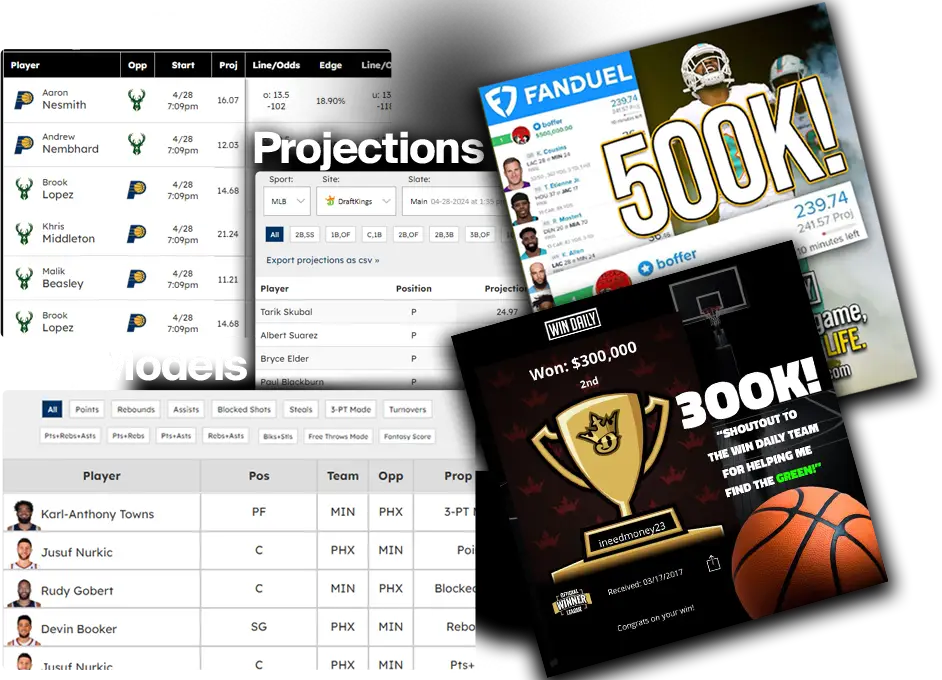Home Field Advantage: How It Affects NFL Betting
Home field advantage (HFA) is a well-documented phenomenon in the NFL that can significantly influence the outcome of games and, consequently, your betting strategies. Understanding how HFA works and its impact on betting can provide a critical edge. This guide will explore the various aspects of home field advantage and how to leverage it in your NFL betting.
Factors Contributing to Home Field Advantage
- Fan Support and Noise Level
- Travel Fatigue for Away Teams
- Familiarity with the Playing Surface and Conditions
- Weather Conditions
- Officiating Bias
- Altitude
1. Fan Support and Noise Level
Impact on the Game:
- Communication: Loud home crowds can disrupt the visiting team’s offensive communication, leading to false starts and miscommunications.
- Motivation: Home teams often feel more energized and motivated by their fans’ support.
Betting Tips:
- Analyze Stadiums: Some stadiums are known for their noise levels, such as Arrowhead Stadium (Kansas City Chiefs) and Lumen Field (Seattle Seahawks).
- Look at Crowd Restrictions: In certain situations, like the COVID-19 pandemic, crowd size restrictions can reduce HFA.
Example: If a game is played at Arrowhead Stadium, consider the increased difficulty for the away team’s offense and potentially favor the home team.
2. Travel Fatigue for Away Teams
Impact on the Game:
- Fatigue: Long travel distances can lead to player fatigue, especially for teams traveling across multiple time zones.
- Time Zone Differences: Teams traveling across time zones may struggle with adjustments, particularly for early games.
Betting Tips:
- Consider Travel Distance: Teams traveling long distances or across multiple time zones may be at a disadvantage.
- Check Schedule: Look at the away team’s travel schedule to see if they have had adequate rest.
Example: If a West Coast team is traveling to the East Coast for an early game, they may perform below their usual standards.
3. Familiarity with the Playing Surface and Conditions
Impact on the Game:
- Surface Type: Home teams are more accustomed to their playing surface, whether it’s natural grass or artificial turf.
- Local Conditions: Familiarity with local weather conditions and stadium quirks can provide an advantage.
Betting Tips:
- Analyze Surface Preferences: Some teams perform better on specific surfaces. Look at how teams perform on grass versus turf.
- Consider Stadium Quirks: Unique stadium features, such as the wind patterns in Soldier Field (Chicago Bears), can impact play.
Example: If a team that plays on turf at home is visiting a team with a grass field, the home team may have an advantage.
4. Weather Conditions
Impact on the Game:
- Adaptation: Home teams are more likely to be accustomed to local weather conditions, such as extreme cold, heat, or humidity.
- Game Plan Adjustments: Teams can tailor their game plans to the weather conditions they are used to.
Betting Tips:
- Check Weather Forecasts: Look at the weather forecast for game day and consider how the home team’s familiarity with the conditions may impact the game.
- Evaluate Historical Performance: Consider how teams have historically performed in certain weather conditions.
Example: The Green Bay Packers often have an advantage in cold weather games at Lambeau Field.
5. Officiating Bias
Impact on the Game:
- Referee Bias: Studies have shown that referees may subconsciously favor home teams in close calls.
- Penalty Discrepancies: Home teams may benefit from fewer penalties or more favorable calls.
Betting Tips:
- Analyze Penalty Data: Look at the number of penalties called for and against home teams versus away teams.
- Consider Referee Tendencies: Some referees may have a tendency to favor home teams more than others.
Example: If a particular referee crew is known for calling fewer penalties on home teams, this can provide an additional edge to the home team.
6. Altitude
Impact on the Game:
- Oxygen Levels: Teams playing at high altitudes, such as the Denver Broncos at Mile High Stadium, have an advantage due to the lower oxygen levels that can affect visiting players’ stamina and performance.
Betting Tips:
- Evaluate Fitness Levels: Teams not accustomed to high altitudes may struggle with endurance and fatigue.
- Historical Performance: Look at how teams have performed in high altitude games historically.
Example: When betting on a game at Mile High Stadium, consider the potential advantage for the Broncos, especially against teams not used to high altitudes.
Practical Tips for Using Home Field Advantage in Betting
- Analyze Team Performance: Look at home and away records to see how teams perform in different environments.
- Consider Specific Stadium Factors: Research specific stadium characteristics that might influence the game.
- Monitor Travel Schedules: Pay attention to the travel schedules of away teams, especially those with long distances or back-to-back road games.
- Check Injury Reports: Ensure key players are healthy and consider how travel fatigue or home field can impact injury recovery.
- Stay Updated on Weather Conditions: Weather can amplify home field advantages, particularly for teams accustomed to extreme conditions.
Conclusion
Home field advantage is a multifaceted factor that can significantly influence NFL game outcomes and betting strategies. By understanding the various components of HFA, including fan support, travel fatigue, familiarity with the playing surface, weather conditions, officiating bias, and altitude, you can make more informed betting decisions. Always consider these factors when analyzing matchups and look for opportunities where home field advantage might provide a critical edge. Happy betting!






